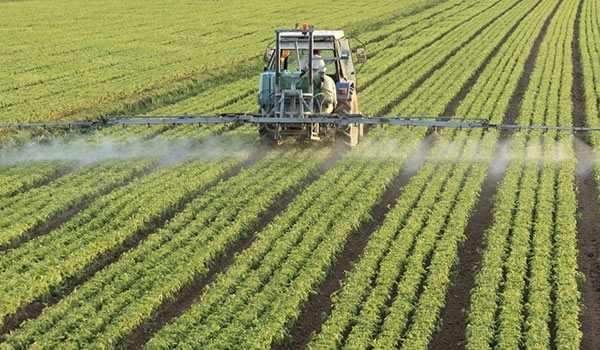Violence against women continue to dominate media headlines in Malawi, despite an eight-year-old law that has stiffened penalties. Police officials say they handle such cases on a daily basis. Advocates blame causes ranging from lenient court sentences to cultural practices.
Malawi passed a domestic violence law in 2006, in an attempt to curb rampant incidents of violence against women and children. It imposed a maximum 14-year sentence on offenders.
But eight years later, domestic violence continues to dominate caseloads of the Malawi Police Service’s Victim Support Unit. The cases include disfigurement and mutilation.
“Such cases are reported almost on daily basis. The minor ones are sorted out right away at the VSU [Victim Support Unit], while those with criminal element are referred to the court,” says Mable Nsefula, deputy national spokesperson for the Malawi Police.
Cases withdrawn
She says between January and June this year, police handled about 6,900 cases of gender-based violence, most of them brought by wives against their husbands.
Nsefula says the worrying development is that many women withdraw their cases.
“Many women would come today that they have been beaten by their husbands but tomorrow, maybe many of them are threatened by relatives who may say ‘you see your husband has now been arrested who will support you..’ while others just do voluntarily and they just say, ‘I am withdrawing the case,” she said.
David Odali, executive member of the steering committee of Men for Gender Equality Now, an advocacy group that sensitizes men to stop violence against women, says, “We are concerned that the incidences of violence against women, which we call gender based violence, continues to rise in the country despite our efforts. We think this is so because of several factors: For example there are some men who believe that they are superior and they use the strength they have over women, when resolving family dispute.”
Court system failure
Odali says a contributing factor is lenient and inconsistent penalties handed out by the courts.
“You will find that the magistrate’s court which has a jurisdiction to slap perpetrators up to [a maximum sentence] of 14 years sentence, can only give the perpetrator three years. We are not happy with such lenient sentences because they don’t deter potential perpetrators of the violence against women and girls,” he said.
However, Emma Kaliya with Malawi’s Gender Coordinating Network says the number of reported cases of domestic violence does not mean they are increasing.
“Nowadays people have had a lot of awareness. They know when the wrong things are happening, they simply say, ‘this is wrong you can’t simply do this,’ because they are aware that when violence is happening you need to report. Therefore, when you start comparing things, you would see that there is a big difference with the way we used to live before when we’re just keeping quiet,” said Kaliya.
Some Malawians blame the women themselves for the violence against them. Rising feminism, they say, prompts women to challenge their husbands, leading to family conflicts.
But Principal Secretary in the Ministry of Gender Mary Shawa rejects this.
“The most common violence with the women perpetrate against men is denying their conjugal rights. It is the highly reported violence and that particular violence is what results in women being battered being hacked and so forth,” she said.
Shawa says, in addition to the law, the government is working on various programs to address the problem. These include economic empowerment for women and promotion of girls’ education.

.jpeg&w=60&q=100&h=60)




.jpeg&w=60&q=100&h=60)





